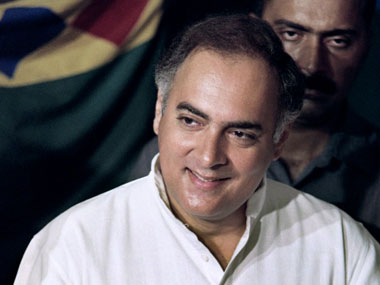New Delhi, Feb 4: Uttar Pradesh Chief Minister Yogi Adityanath on Monday accused Arvind Kejriwal of having a "partnership" with Pakistan and appealed to the people in Delhi to not vote for the AAP chief as it will make Pakistan happy.
Ramping up his attack on the Shaheen Bagh protest, Adityanath said that the protest against the Citizenship Amendment Act (CAA) is merely an excuse for people to vent their anger against the scrapping of Article 370.
"You must have seen their partnership on 370. Arvind Kejriwal used to speak in the same voice as Imran Khan on Article 370. You must have heard it.
"Now when elections are taking place in Delhi, who is speaking in favour of Arvind Kejriwal? It is the ministers of Pakistan. They are aware that Kejriwal is feeding 'biryani to protesters at Shaheen Bagh'," he said, referring to Pakistan minister Fawad Chaudhry's tweet asking Indians to defeat Prime Minister Narendra Modi.
Adityanath addressed three rallies on Monday in the national capital ahead of assembly elections.
"Will Pakistan decide who Indians should vote for. If voting for Kejriwal will make Pakistan happy, should it be done," he asked at a rally in Mehrauli.
Adityanath said his Delhi counterpart Kejriwal has become a "toy in the hands of anti-social and anti-India elements".
Addressing a rally in Vikaspuri in west Delhi, he said that Kejriwal is not bothered about key issues such as providing clean drinking water but is concerned about Shaheen Bagh, the anti-citizenship amendment act protest site.
At another rally in Uttam Nagar in west Delhi, Adityanath said Kejriwal has played with the emotions of the people of Delhi for the last five years.
"He obstructed the development of Delhi. And knowingly and unknowingly, he became a toy in the hands of anti-social and anti-India elements," Adityanath said.
The protest at Shaheen Bagh, he said, has disrupted traffic across the capital.
"A guest with an appointment to meet him at 9.30 am could only reach at 11. He told me he had left as early as 7 am but got stuck because of the traffic in Shaheen Bagh," he said.
The Uttar Pradesh chief minister also slammed Kejriwal for "sympathising" with elements who he said gave anti-India slogans in Jawaharlal Nehru University.
 New Delhi, Apr 25: The Supreme Court Friday referred to a constitution bench the question whether the government can release a life term convict whose death sentence has been converted into life imprisonment and said that the seven conspirators in Rajiv Gandhi assassination case will not be released for now.
New Delhi, Apr 25: The Supreme Court Friday referred to a constitution bench the question whether the government can release a life term convict whose death sentence has been converted into life imprisonment and said that the seven conspirators in Rajiv Gandhi assassination case will not be released for now.




Comments
I am really enjoying the theme/design of your web
site. Do you ever run into any browser compatibility issues?
A few of my blog audience have complained about my blog not working correctly in Explorer but looks great in Firefox.
Do you have any suggestions to help fix this issue?
My website; free events: http://iphoneways.com
What's upp to all, the contents preesent aat this web
site are genuinely aweome forr people knowledge, well, keep up
the nice work fellows.
my page :: Clifton: https://geo-news-live-tv.blogspot.com/
Woah! I'm really enjoying the template/theme of this blog.
It's simple, yet effective. A lot of times it's hard to get that
\perfect balance\" between user friendliness and appearance.
I must say you have done a awesome job with this.
In addition, the blog loads super fast for me on Firefox.
Outstanding Blog!
Feel free to surf to my page - crack seo tools: http://manuelasolano4.unblog.fr/2015/12/27/suggestions-to-expand-your-s…"
Add new comment